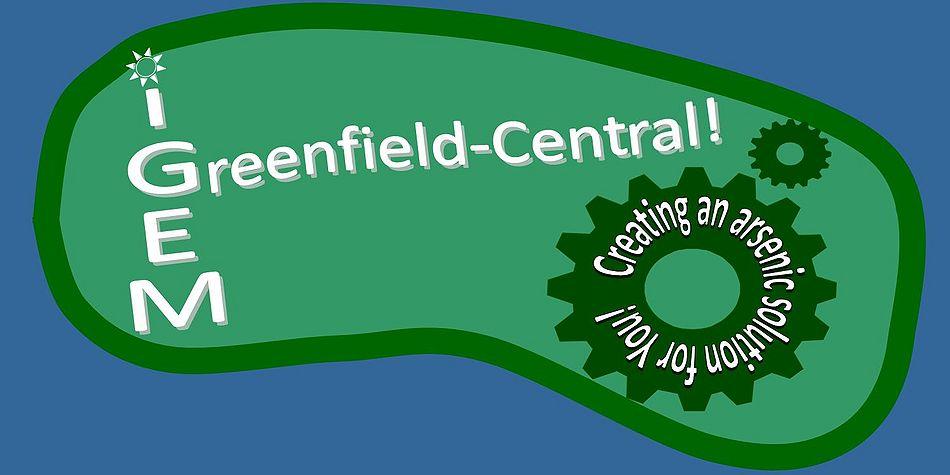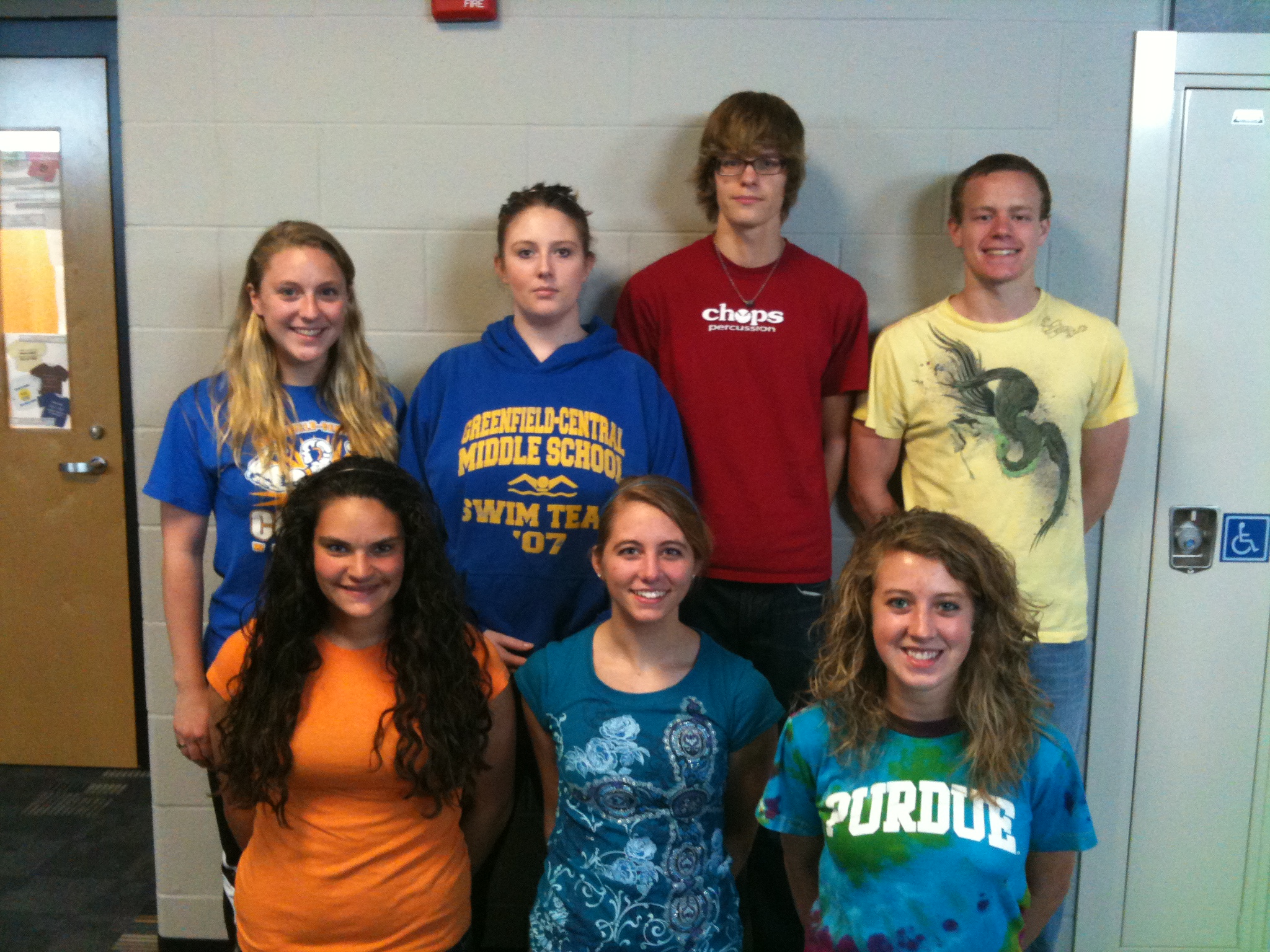Team:Greenfield IN-Schini-HS
From 2011.igem.org
| (26 intermediate revisions not shown) | |||
| Line 1: | Line 1: | ||
| - | + | <html> | |
| - | + | <head> | |
| - | + | <style type="text/css"> | |
| - | + | body { | |
| - | + | background: #151B8D | |
| - | < | + | } |
| - | + | ||
| - | + | ||
| - | + | ||
| - | + | ||
| - | + | ||
| - | + | ||
| - | + | ||
| - | < | + | </style> |
| + | </head> | ||
| + | </html> | ||
| - | { | + | {{Template:GreenfieldNavigation}} |
| - | + | ||
| - | + | ||
| - | + | ||
| - | + | [[File:Igem team 1.JPG|right|thumb|400px]] | |
| - | + | ||
| - | + | <p align="left">In the summer of 2010, arsenic levels, nearly ten times the accepted level by the Environmental Protection Agency (EPA), which is set at ten parts per billion, were found in the Coachella Valley, California water system. Although the long-term effects are slow to manifest, they can be devastating, including several forms of cancer. Already, several families in the town of Thermal have shown symptoms of poisoning and many have untreatable rashes. Arsenic can be very deadly and costly for a small community like the Coachella Valley. After the contamination was discovered, the town had to plan into its budget nearly $2 million for arsenic removal. </p> | |
| - | + | <p align="left"> Arsenic contamination can happen nearly anywhere. Arsenic comes from natural deposits in the earth and pollution from industrial plants and agriculture. Some water systems can reduce arsenic levels but, overall, the best method to keep water safe from poisoning is to avoid sources that contain it. Currently, tests are expensive and bulky, being best suited for use by water utility companies. Our project was to develop an affordable, easy-to-use arsenic detector using the yeast platform. An e. coli test kit has also been developed but by using yeast our detector is less expensive, more durable and less harmful than that method. Compared to other test systems, it is also faster, easier and eliminates the issue of a temperature requirement.</p> | |
| - | + | ||
| - | + | ||
| - | + | ---- | |
| + | - | ||
| + | <div style="background-color:DarkGoldenrod; -moz-border-radius:15px;">Our team, SouthBend-Mishawaka-HS, was reviewing your wiki page and noticed that you misspelled your school name, Greenfield Central, on your logo. We hope you can promptly correct this mistake by the jamboree this upcoming Saturday, and best of luck to you.</div> | ||
| + | <br><br> | ||
| + | - | ||
| + | On second thought we decided to fix it for you for fun. Hope you like it. =) | ||
| + | <br> <br> Courtesy of SouthBend-Mishawaka-HS team 1 and 2. | ||
Latest revision as of 15:50, 24 June 2011
| Home | Team | Official Team Profile | Project | Modeling | Notebook | Safety | Attributions |
In the summer of 2010, arsenic levels, nearly ten times the accepted level by the Environmental Protection Agency (EPA), which is set at ten parts per billion, were found in the Coachella Valley, California water system. Although the long-term effects are slow to manifest, they can be devastating, including several forms of cancer. Already, several families in the town of Thermal have shown symptoms of poisoning and many have untreatable rashes. Arsenic can be very deadly and costly for a small community like the Coachella Valley. After the contamination was discovered, the town had to plan into its budget nearly $2 million for arsenic removal.
Arsenic contamination can happen nearly anywhere. Arsenic comes from natural deposits in the earth and pollution from industrial plants and agriculture. Some water systems can reduce arsenic levels but, overall, the best method to keep water safe from poisoning is to avoid sources that contain it. Currently, tests are expensive and bulky, being best suited for use by water utility companies. Our project was to develop an affordable, easy-to-use arsenic detector using the yeast platform. An e. coli test kit has also been developed but by using yeast our detector is less expensive, more durable and less harmful than that method. Compared to other test systems, it is also faster, easier and eliminates the issue of a temperature requirement.
-
-
On second thought we decided to fix it for you for fun. Hope you like it. =)
Courtesy of SouthBend-Mishawaka-HS team 1 and 2.
 "
"

